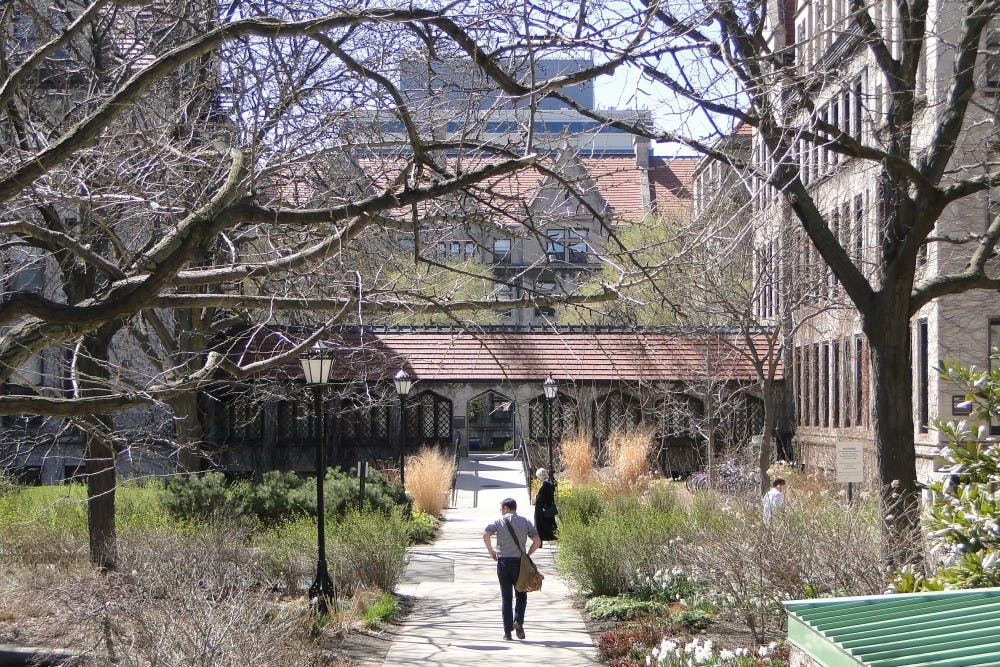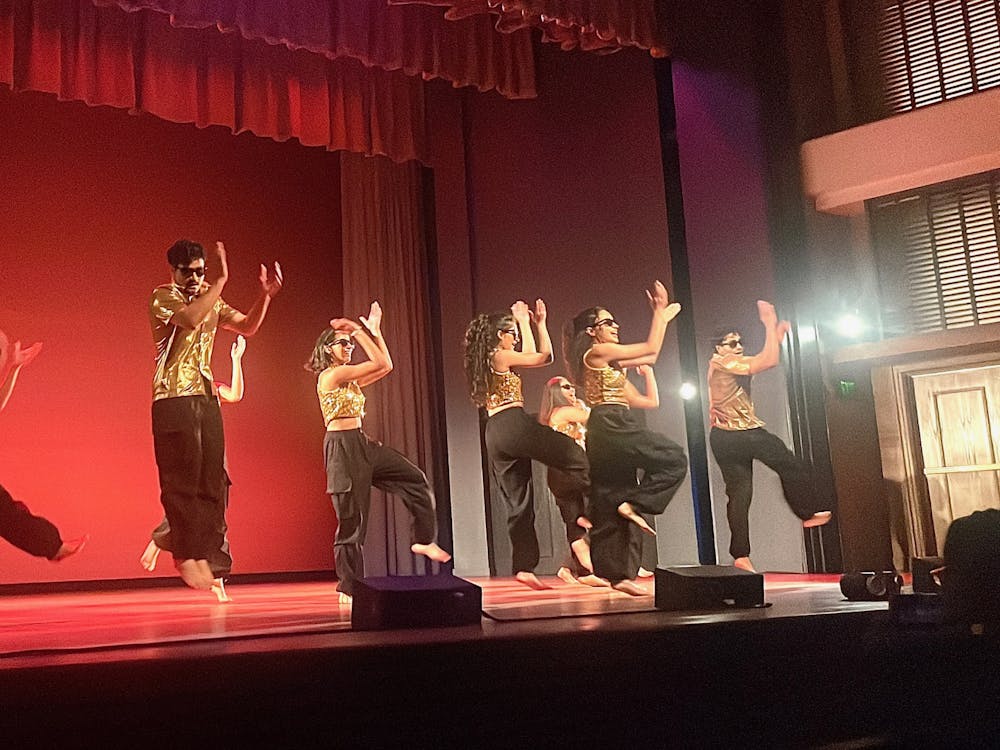The recent “welcome letter” by the University of Chicago revisited the matter of trigger warnings and safe spaces on college campuses, a subject touched upon by WC sophomore Maddie Bright last year.
The dialogue may have subsided, but the discussion clearly isn’t over.
Trigger warnings, much like content warnings, are designed to give context and warning about topics that may be construed as being inappropriate for certain audiences. It’s troubling that institutions like the University of Chicago use the guise of “preserving academic integrity” to front its own twisted ideals. The security and intellectual growth provided by safe spaces are as real as the history behind them.
How can people be so against trigger warnings when they are consistently followed without question? In addition to the examples given by PZ Myers at the University of Minnesota, Morris, there are several other cases that the anti-trigger warning supporters fail to take into account. These include but are not limited to: ratings for TV shows, movies and other media, NSFW content and articles on the Internet, warnings about sudden noises (PTSD) or flashing (seizures) in media, or codes of conduct around children. Trigger warnings are not meant to coddle people into ignoring an issue. Instead, they foster an environment in which people can navigate a situation without making dangerous assumptions about a person’s mental capacity to understand or cope.
Notice how these are not designed for people to decline being a part of the process (although that is always an option) but as a heads up for what is to come. Again, trigger warnings are not designed to be a means to refuse to be a part of or discriminate against a whole genre of discussion.
Trigger warnings do not take away from a person’s experience, they only add to others'. People who request and, at base, require, this common courtesy are more aware of the topic being discussed than a person who has never been subjected to that specific experience. No, censorship is not an issue. If anything trigger warnings promote empathy and understanding despite trying to discuss heavy subjects through an objective and academic lens. It is not to say people shouldn’t critically analyze how trigger warnings impact our learning environment, but to completely discredit them as an “attack on education” is missing the entire point of the conversation.
So what about safe spaces?
Safe spaces were created as an outlet because talking about sexuality and gender without centering on cisgender and heterosexual life was nearly impossible. While the world has made major strides, it is clear that society is not as “progressive” as people would like to believe. Safe spaces are now recognized as places where tolerance on all levels is acknowledged, as society is not always tolerant and open about complex issues. Sensitivities of those affected by these topics are not the problem. Problems stem from those who stifle intellectual conversations to begin with.
To those who say trigger warnings and safe spaces simply solidify the belief that minorities need to “suck it up” and live outside of their comfort zone, realize that simply existing as a minority in the modern day world is being outside of their comfort zone. Every. Single. Day. The problem is not trying to be “special.” Please recognize that the problem is that marginalized people have yet to achieve true equity in our current society.
Safe spaces and trigger warnings are not the issue. Intolerant people are.
Contact Zach Perry at zach.perry@richmond.edu. Zach is proudly Safe Zone trained.
Enjoy what you're reading?
Signup for our newsletter
Support independent student media
You can make a tax-deductible donation by clicking the button below, which takes you to our secure PayPal account. The page is set up to receive contributions in whatever amount you designate. We look forward to using the money we raise to further our mission of providing honest and accurate information to students, faculty, staff, alumni and others in the general public.
Donate Now



